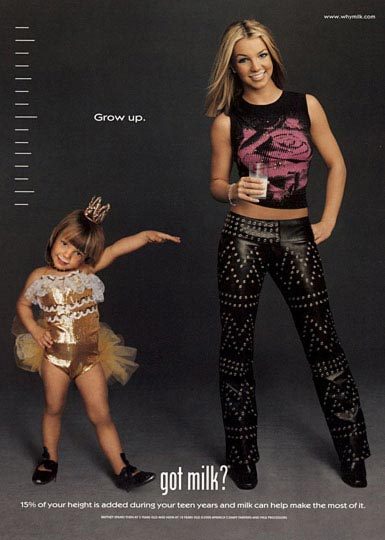Milk
October 17, 2011
Body height is a classic polygenic trait. About 80% to 90% of your height is inherited and 10% to 20% owed to environmental factors, of which nutrition is the most important. Of those nutrients perhaps milk is the one associated most with increased human height. It contains calories, protein, vitamin D, calcium and bioactive components such as insulin-like growth factor-I, all of which facilitate (bone) growth. Indeed, studies since the early 1900’s prove that cow’s milk supplementation leads to an increased longitudinal growth in children.
And that’s not good. Unnaturally increased height creates an unnatural and disproportional increase in weight. This puts a strain on our health as well as Earthly resources. The body is simply not prepared for the extra weight, and the extra work it involves for bones, organs an muscles. Downsizing the human body, on the other hand, would lighten the burden. Despite these, and other reasons to stop administrating ourselves with overdosages of milk, it continues to be heavily marketed by companies as well as governments as an “essential food” to support growth. But unsurprisingly the reason why we need all that extra growth remains unclear.
[…] his diet he might end up 6 to 12 centimeters shorter as an adult than he could be if he would eat dairy and meat like other […]